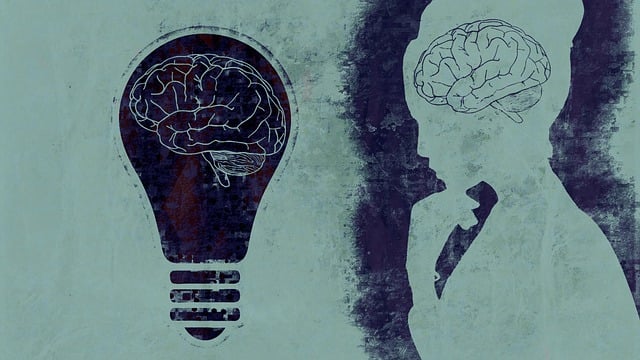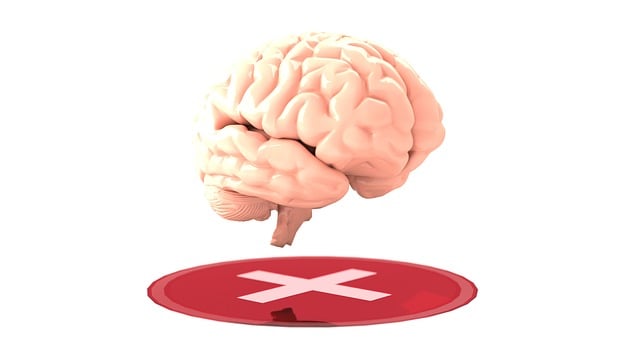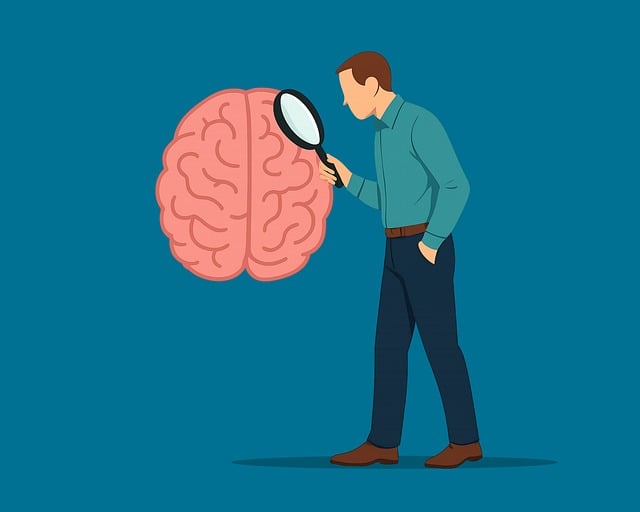Colorado Springs' unique environment presents specific mental health challenges, with higher rates of depression, anxiety, and eating disorders, especially among trauma survivors. To address these issues holistically, tailored Colorado Springs Eating Disorders Therapy services, trauma support, and depression prevention are vital. A comprehensive program integrates individual therapy, group support, emotional intelligence training, and self-awareness exercises to treat symptoms and improve quality of life. Diversifying implementation strategies through partnerships, workshops, digital platforms, and peer support normalizes mental health conversations and encourages proactive well-being practices within the community.
In Colorado Springs, addressing mental health challenges, particularly eating disorders, requires a strategic approach. This article explores the intricate process of designing an educational program aimed at fostering awareness and providing support for those affected by eating disorders in our community. We delve into key components, from understanding local needs to implementing successful therapy models. By focusing on evidence-based practices, we aim to highlight strategies that can lead to long-term positive outcomes, revolutionizing Colorado Springs Eating Disorders Therapy.
- Understanding Mental Health Challenges in Colorado Springs Community
- Designing an Effective Education Program for Eating Disorders
- Key Components of a Comprehensive Therapy Approach
- Implementation Strategies for Long-Term Success and Awareness
Understanding Mental Health Challenges in Colorado Springs Community

Colorado Springs, with its vibrant community and diverse landscape, presents unique challenges when it comes to mental health. The city’s high altitude and bustling atmosphere can be both a source of strength and a trigger for individuals struggling with mental health issues, particularly those who have experienced trauma or are dealing with eating disorders. According to recent studies, Colorado Springs has higher rates of depression and anxiety compared to the national average, with a significant portion of the population seeking Colorado Springs Eating Disorders Therapy services.
Addressing these concerns requires a holistic approach that involves both the community and healthcare providers. Implementing Trauma Support Services and Depression Prevention programs tailored to the local context is crucial. Furthermore, ensuring cultural competency among healthcare providers through specialized training can significantly improve access to quality care for diverse populations within Colorado Springs. Such initiatives aim to create a supportive environment where individuals feel comfortable seeking help without stigma, fostering a healthier and more resilient community.
Designing an Effective Education Program for Eating Disorders

In designing an effective education program for eating disorders in Colorado Springs Eating Disorders Therapy settings, a holistic approach that combines Trauma Support Services, Empathy Building Strategies, and Emotional Intelligence training is paramount. The program should not only focus on nutritional education but also address the underlying psychological and emotional factors contributing to disordered eating behaviors. By fostering a safe and non-judgmental environment, participants can develop a deeper understanding of their relationship with food and body image, facilitated by skilled therapists who employ evidence-based techniques tailored to individual needs.
Empathy building strategies are crucial for promoting recovery, encouraging open communication, and reducing stigma associated with eating disorders. Incorporating activities that enhance emotional intelligence allows individuals to recognize and manage their emotions effectively, breaking the cycle of unhealthy coping mechanisms. These interventions, coupled with comprehensive trauma support services, create a supportive ecosystem that empowers participants to make positive changes in their relationship with food and themselves.
Key Components of a Comprehensive Therapy Approach

In designing a comprehensive therapy program for eating disorders, such as those offered through Colorado Springs Eating Disorders Therapy, it’s crucial to integrate diverse components that cater to the multifaceted needs of individuals struggling with these conditions. A key approach involves blending individual therapy sessions with group support, allowing clients to benefit from both personalized attention and community-based learning. Self-Awareness Exercises play a vital role in this process, empowering participants to understand their emotional triggers and develop healthier coping mechanisms.
Additionally, the program should emphasize Emotional Well-being Promotion Techniques tailored to address the unique challenges faced by those with eating disorders. Community Outreach Program Implementation can further enhance the impact by fostering an environment of understanding and support within the broader community. By combining these strategies, a holistic therapy model emerges that not only treats symptoms but also promotes long-term recovery and improved quality of life for individuals seeking help.
Implementation Strategies for Long-Term Success and Awareness

For long-term success in mental health education programs, a multifaceted implementation strategy is key. This includes establishing partnerships with local community organizations and healthcare providers in Colorado Springs Eating Disorders Therapy areas to ensure widespread reach and consistent messaging. By integrating educational workshops into existing community events and utilizing digital platforms for remote access, the program can cater to diverse audiences and break down barriers to entry.
Effective communication strategies are vital to fostering ongoing awareness and engagement. Encouraging open dialogue through peer support groups, social media campaigns, and regular newsletters helps normalize conversations about mental health. Furthermore, promoting Self-Care Routine Development for Better Mental Health empowers individuals to take proactive steps toward well-being by incorporating evidence-based Self-Care Practices into their daily lives. This holistic approach ensures that the program’s impact is sustained over time, fostering a more resilient and supportive community in Colorado Springs Eating Disorders Therapy.
Mental health education programs play a pivotal role in addressing pressing issues like eating disorders within communities, such as Colorado Springs. By integrating key components like comprehensive therapy approaches, effective program design, and strategic implementation, we can foster long-term success and awareness. Targeted interventions, tailored to the unique challenges faced by the Colorado Springs community, have the potential to revolutionize care and improve outcomes for those struggling with eating disorders.














